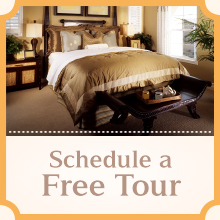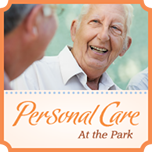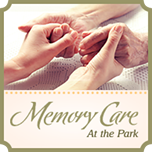If you don’t know what Sundowner’s Syndrome is, that’s okay. However, indirectly you might know exactly what is if your loved one has Alzheimer’s disease or another form of dementia.
If you happen to notice your aging loved one getting moodier and more anxious as the sun goes down, then you’ve notice what Sundowner’s Syndrome is. It occurs in the evening and causes confusion. It seems simple enough, but the mind is incredibly complicated. It’s normal for someone with dementia to be confused, but this added condition could make matters much worse.
As stated earlier, confusion is normal for someone with a neurodegenerative disease, but in the evening the mind is tired, over stimulated, and often times overwhelmed. This leads to unusual behavior in a person whose mind can’t keep up with everything that happens at night.
Luckily, now that you know what Sundowner’s Syndrome is, you can learn what to expect and how to control it a little bit better when seeing or visiting a loved one with Alzheimer’s disease or dementia. Here are a few tips to simmer down Sundowner’s Syndrome.
Maintain a Routine
The more you keep your loved one to an established routine the less confusion occurs during the morning, afternoon, and evening. It lowers the amount of surprise each day, which is good for a person with dementia. The more relaxed they feel about a situation the less likely they’ll be in a state of anxiety.
This includes a bedtime. If bedtime is a concrete hour that happens day in and day out, the mind gets used to it. The hassle that occurs when trying to get a loved one to calm down before bed, won’t be entirely erased, but less likely to happen if they go to bed at the same time every day.
Stay Active
Keeping active is good for anyone at any age. However, not only do you need to workout the body, but you need to workout the mind as well. That’s why it’s a good idea to fill your day with stimulating activities for the body and mind. There are plenty of options such as:
- Going to a museum
- Going to an art museum
- Going for a walk
- Bird watching
- Gardening
And there are plenty more! By keeping active with your senior loved one, you’re encouraging a good healthy lifestyle that keeps the mind stimulated, as well as the body. This aids with the prevention of Sundowner’s Syndrome, because the better fit the body and mind are the less likely you are to see signs of the syndrome.
Play Soothing Music
Recently, music has been at the forefront of Alzheimer’s and dementia research. It provides moments of clarity to those in the late stages of dementia. It’s also very soothing. It’s soothing to those who are in the late stages of dementia, to those in the early stages of dementia, and to those who don’t even have dementia.
It’s incredibly relaxing to hear a familiar tune, especially something from your childhood that brings back fond memories. It’s incredible how you can hear just one song and instantly some moment of your life is immediately brought to your mind.
Now, imagine being unable to remember what you had for breakfast or what you did in the afternoon, and you hear a familiar tune that brings you back to your childhood. You may be outside playing with a sibling in the summer sun or sitting around the dinner table making jokes with your parents. That’s what it’s like for someone with dementia or Alzheimer’s disease when they reach a moment of clarity listening to music.
It provides deep brain stimulation that makes it feel good to remember. It’s like stretching a part of your body that hasn’t been used in a while. It can help a loved one who is over anxious from Sundowner’s Syndrome. Ask them about their favorite music, create a playlist, and whenever you notice their behavior is a little out of the ordinary play it for them. It might be the medicine you’ve been looking for all along!











